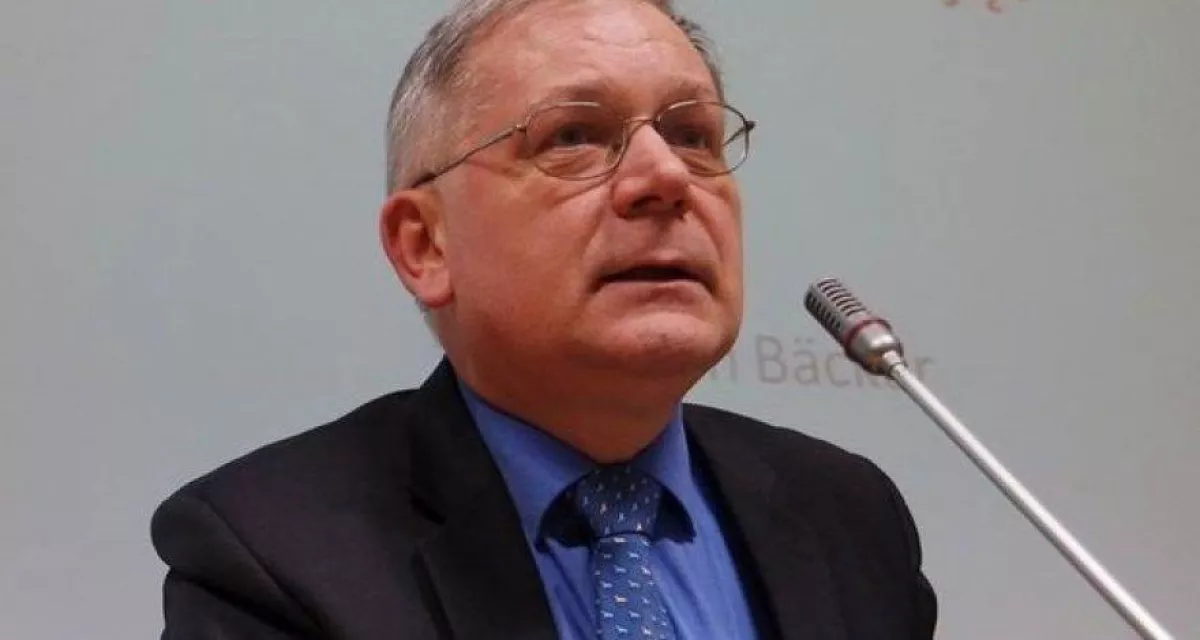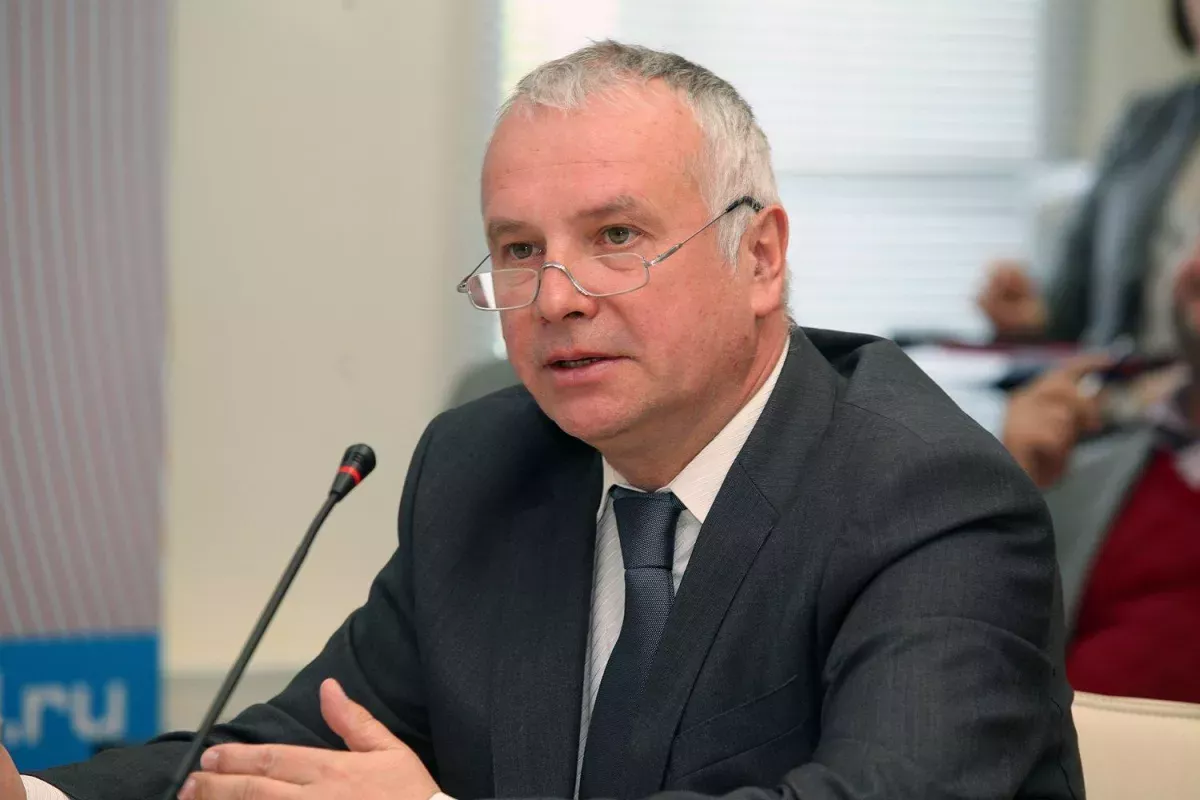Reforming the UN Security Council: Many agree, but how? Foreign experts weigh in
The leaders of the G20 countries have expressed support for reforming the UN Security Council. This is stated in the final declaration of the G20 summit in Rio de Janeiro. According to the document published on the G20 website, summit participants believe it is necessary to strengthen the role of the UN General Assembly as the "chief deliberative, policymaking and representative organ" of the global organization, including in matters of "the maintenance of international peace and security, through an improved and intensified interaction with the Security Council."
"We pledge to reform the Security Council through a transformative reform that aligns it with the realities and demands of the 21st century, makes it more representative, inclusive, efficient, effective, democratic and accountable, and more transparent to the whole of the UN membership," the statement reads.
The leaders of the G20 countries also called "for an enlarged Security Council composition," which would increase the representation of African, Asia-Pacific, Latin American, and Caribbean countries.
It’s hard to disagree with the view that the UN is increasingly unable to address many of the world’s pressing issues. In recent years, there have been numerous wars, and war crimes, including attacks on civilians, yet the UN Security Council, hindered by the differing interests of its members, has struggled to take unified action. But is reforming the UN possible? Who can or has the authority to initiate such a reform? Is there an established process for it? Clearly, if there’s no formal procedure, someone within the Security Council will likely oppose the idea.
Foreign experts have shared their thoughts on this topic with Caliber.Az.

Polish analyst and professor at the Faculty of Political Science and International Studies at Nicolaus Copernicus University in Toruń, Roman Bäcker, argues that the question of reforming the UN is intriguing, but the answer should largely be pessimistic.
"The Security Council was designed to prevent aggression from any other states, based on an agreement among the great victorious powers of World War II. However, this concept ceased to function with the Soviet Union's creation of the 'Iron Curtain' just three years after Yalta. Since the start of the 'Cold War,' the UN has been ineffective when the aggressor was one of the permanent members of the Security Council. It is not surprising that Soviet aggression (such as against Hungary in 1956) did not trigger any reaction from the Security Council," the researcher explained.
According to him, the world is increasingly dividing into two opposing blocs, which can very loosely be termed the West and the BRICS.
"Understanding between them is becoming more difficult, with suspicion replacing dialogue, and trade being overshadowed by armament. Currently, not only the Security Council but also the UN General Assembly is increasingly unable to reach a consensus on basic facts regarding clear violations of the UN Charter's core principles.
At this point, the UN can only serve as a platform for presenting arguments, launching new initiatives, and hosting meetings and negotiations. However, it is no longer the organization capable of influencing what is happening in the world," Bäcker lamented.

German political scientist and professor at the WeltTrends Institute of International Politics (Potsdam), Alexander Rahr, stated that, in his opinion, the BRICS countries will eventually present a united front and break the resistance of the collective West, which is so opposed to acknowledging the reality of a multipolar world.
"America, along with the European Union, clings to the G7 format, seeing it as the world government. But the reality is that the G20 is becoming that world government. The G20's call for UN Security Council reform will not go unanswered. The issue will soon be raised sharply at the UN. Yes, the Americans can still veto the expansion of the permanent members of the Security Council, but not indefinitely," Professor Rahr assures.








